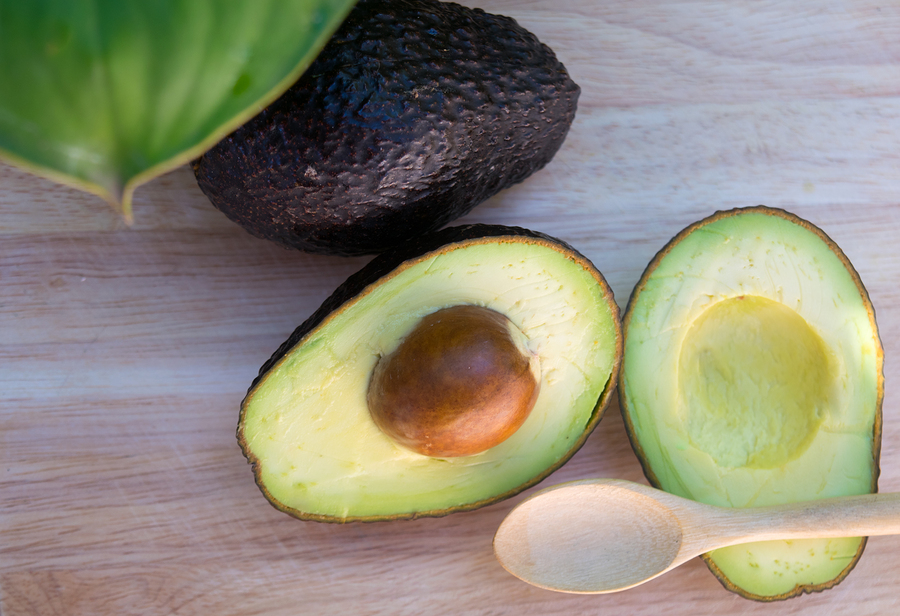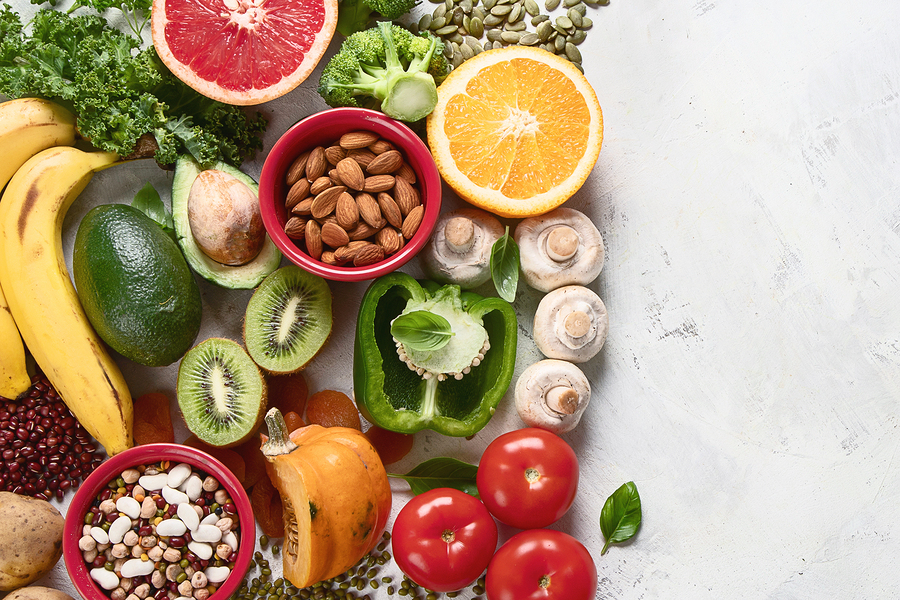There are seven essential macrominerals that the body needs to function as it should — with one of those macrominerals being potassium!
How Much Potassium
The human body should receive approximately 4,700 milligrams of potassium every day. However, the vast majority of people are not even coming close to hitting this quota.
Benefits Of Potassium
Consuming an adequate amount of potassium on a consistent basis is believed to decrease the risk of experiencing a stroke, as well as helping to keep blood pressure down and protecting against the development of kidney stones.
The health of your bones also stands to benefit from an optimum potassium intake, as this essential mineral can help to preserve the density of the bones.
Due to the multiple health benefits of including ample amounts of potassium in the diet daily, it has been suggested that this can reduce the risk of overall mortality by as much as 20%.
Functions Of Potassium
One of the main functions of this essential mineral is to manage the electrical activity of the heart, in addition to other muscles. It is also tasked with regulating the balance of fluids in the body.
Best Dietary Sources
Among the best sources of dietary potassium are beet greens, lima beens, kiwis, kidney beans, lentils, potatoes, sweet potatoes, mushrooms, peas, bananas, oranges, cantaloupes, grapefruit, avocados, pumpkins, apricots, white beans and soy beans. Cooked spinach and cooked broccoli are also rich sources of this essential mineral.
To better understand the amount of these foods you should be eating to meet your daily quota, let’s take a look at the amount of potassium some of these foods contain.
- One sweet potato contains approximately 950 milligrams of potassium
- One medium avocado contains approximately 708 milligrams of potassium
- One cup of cooked white beans contains approximately 1,189 milligrams of potassium
- One cup of cooked mushrooms contains approximately 555 milligrams of potassium
- One cup of sliced banana contains approximately 537 milligrams of potassium
- One cup of raw tomatoes contains approximately 427 millligrams of potassium
It is also possible to get a good dose of potassium from certain fruit juices, such as orange juice, prune juice, tomato juice, and grapefruit juice. However, be sure to watch out for high sugar contents in these drinks as this can offset the abundant health benefits.
Processed foods are usually quite low in potassium — as well as being low in other essential nutrients — and should generally not be included too much in a healthy, balanced diet. Processed foods also tend to be quite high in sodium. The issue with this is that as the body consumes more sodium, it then needs to consume additional amounts of potassium in order to correct the balance. This is because excess levels of sodium can negativelyy impact blood pressure levels.
Avoiding Deficiency
Avoiding a potassium deficiency is important because this can eventually be of serious detriment to your health. In serious situations, this could cause fatigue and weakness of the entire body. It can also lead to constipation and intermittent muscle spasms, both of which can then cause a whole other range of health issues.
If a potassium deficiency persists for an extended amount of time, then it could lead to the onset of respiratory failure, paralysis, or digestive issues.
On the other hand, it is also possible to consume too much potassium, which can also then have adverse health effects. However, there are no reported cases of food-related potassium toxicity.
Eating a diet that is rich in whole foods, such as those listed above, is a good way to consume an appropriate amount of this mineral.
Bone Health
There is a wide range of nutrition advice to pay attention to in order to best maintain the health of your bones. As we now know, potassium is one of those things and should not be ignored as a dietary priority.

Potassium helps the body to maintain an alkaline environment, which is beneficial for a number of reasons. The over-consumption of acidic foods, such as meat and dairy products, can lead to a condition known as acidosis.
The development of acidosis can mean that the muscles will begin to waste away, and that bone mineral density is lost. A high potassium intake can help to combat this problem, and help the body to maintain optimum health.
People in their senior years can help to preserve their muscle mass by consuming potassium, especially when combined with an all-round healthy diet and a consistent exercise regime.
Potassium Consumption
Although this is clearly a very important mineral for optimum health, it should be paid attention to as part of a wider healthy eating plan. There are other key nutrients that are also essential, so be sure to eat a balanced and varied diet!
References
Related Posts
Cigarettes May Inhibit Inflammation Treatments
Axial spondyloarthritis, also known as AxSpa, is a chronic…








